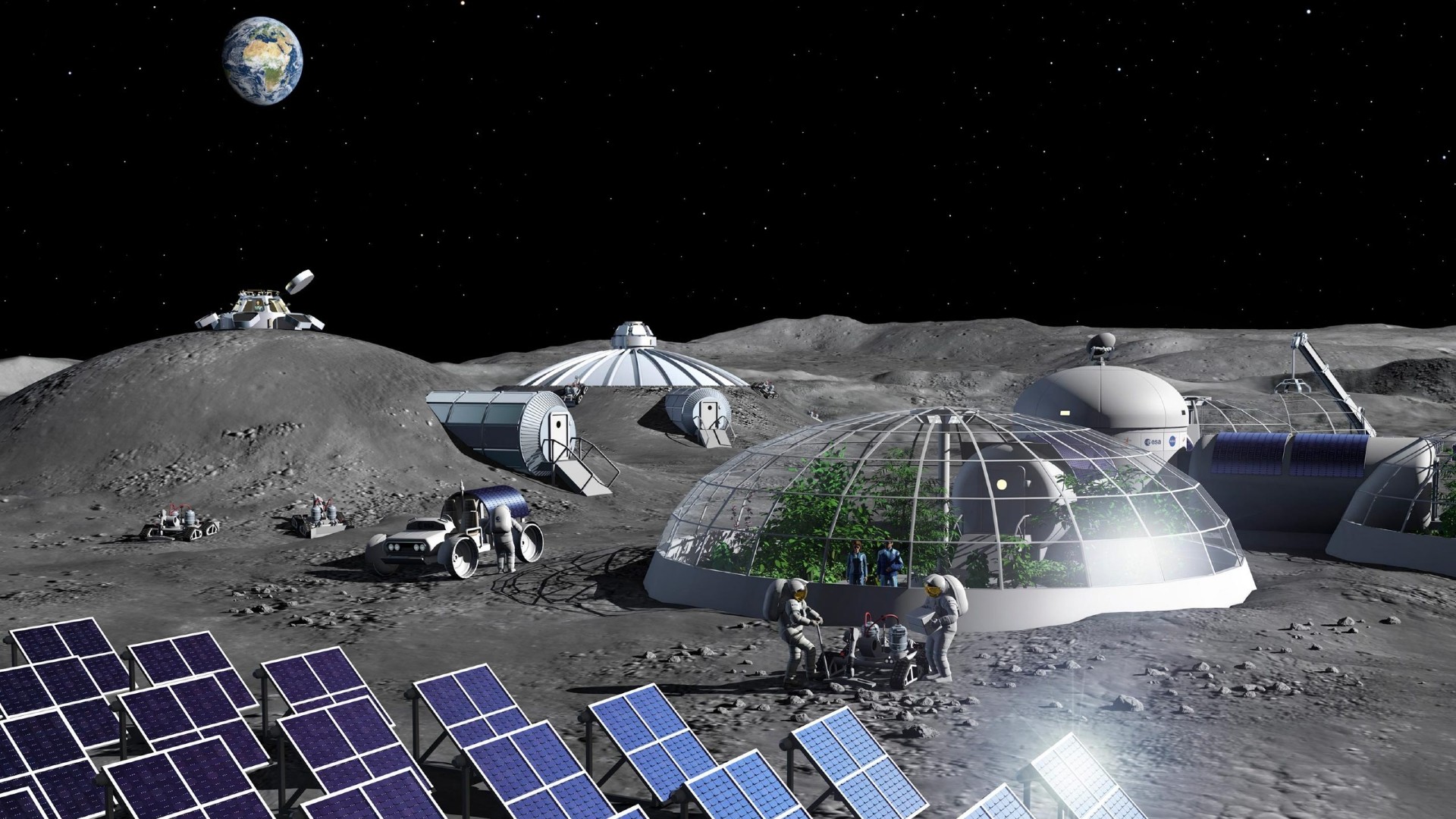T4K3.news
China develops revolutionary rice variety for barren land
A new rice strain can grow on land previously deemed unusable, potentially changing agriculture.

This new rice could change agriculture by thriving on previously unusable land.
China Introduces Groundbreaking Rice Variety for Barren Lands
Chinese researchers have developed a new rice variety that can grow in harsh conditions, including salt-affected and alkaline soils. This groundbreaking crop may cover 14 billion acres, which could significantly improve global food security. Created by the Chinese Academy of Sciences and Shanghai Jiao Tong University, this rice is engineered to withstand extremes through genetic modifications. The study highlights not just resilience but also an increase in yield, especially with the discovery of the QT12 gene, enhancing rice's tolerance to extreme heat. This innovation could reclaim degraded and previously unproductive land, resulting in up to 101% higher yields in some areas. As climate change presents challenges to agriculture, this rice variety stands out as a potential solution for sustainable food production.
Key Takeaways
"This rice variety can thrive in soil previously deemed unusable."
This highlights the innovative potential for crop development.
"Our findings could change how we think about farming in harsh climates."
This underscores the significance of climate-adaptive agriculture.
This development represents a remarkable fusion of technology and agriculture, presenting opportunities to reshape farming practices worldwide. By expanding cultivable land, this innovation could transform food production in areas burdened by climate impacts. Importantly, it also raises questions about the implications of genetic engineering in agriculture, which continues to be a sensitive topic among consumers and policymakers. However, the potential benefits in addressing food insecurity and improving crop yields are significant and cannot be overlooked.
Highlights
- This new rice could reclaim barren lands.
- A game-changer for global food security.
- Genetic engineering promises a farming revolution.
- Can science solve our food crisis?
Potential Risks of Genetic Engineering in Agriculture
The introduction of this genetically modified rice may cause public backlash due to widespread concerns about GMOs and their impacts on ecosystems and health.
This breakthrough could redefine our approach to global food challenges.
Enjoyed this? Let your friends know!
Related News

Sony Increases Support for Chinese Game Developers

Where Winds Meet global beta test underway

A Minecraft Movie achieves record opening day

South Korea plans a moon base by 2045
US Army fires missile system in Pacific

Blazers select Yang Hansen with 16th pick in NBA Draft

Trump announces AI Action Plan targeting regulations and bias

New Ranking of Best Mario Games Released
